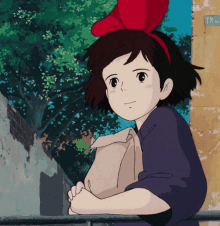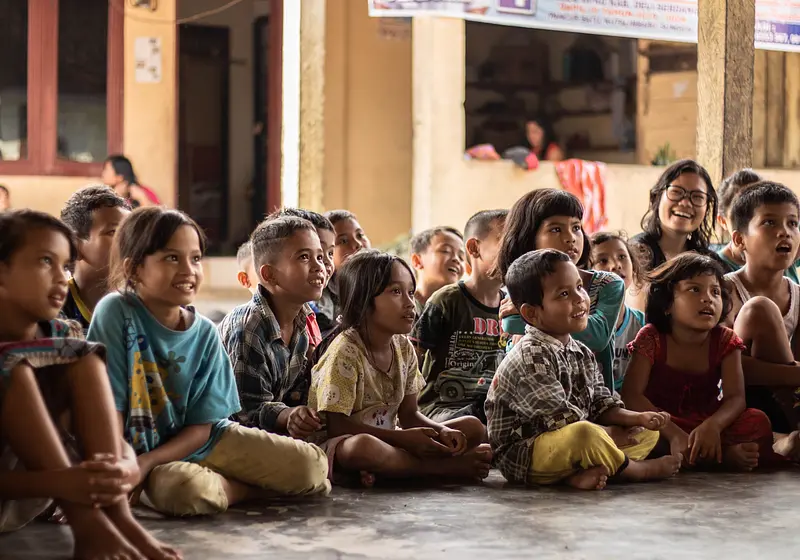When I say I'm a coconut, I don't necessarily mean the literal fruit. I allude to the idea that I grow up in the lives of two separate cultures. American and Indian.
Similar to a coconut, I have dark skin on the outside and that would represent my Indian heritage while the soft, white center would represent the American culture I live in. As you may know, being raised with two contrasting ideas and societies can be unique, diverse, and fun! Here are some reasons that our lives are different than most:
Let us slide into your dms 🥰
Get notified of top trending articles like this one every week! (we won't spam you)1) You never feel like you fit in with a specific group:
Growing up in the US means that you don't get the entire "Indian" experience. You don't go to school in India, you may not have Indian friends, and you may not speak the language too well. These disabilities to function in India become all the more apparent when you go there for vacation.
You find yourself struggling to communicate your desires and interests and people have to use their limited knowledge of English to make you feel welcome. It's an awkward experience for all, but you'll get used to it. You're not "Indian" enough to be Indian or "American" enough to be American.
Take the Quiz: Which Indian city is the perfect holiday spot for you!?
Let's match you with an Indian city that you would love!
2) There are lots of Superstitions and Customs:
My family and I are Hindus, which is the predominant religion in India, although there are others. Christianity, Islam, and Buddhism are a few of the other main religions. We celebrate Indian holidays and host our own poojas.
In our culture, specific days are days of vegetarianism and customary rituals must be done to please the higher powers. Since you don't live in India, you don't necessarily understand the meaning behind each ritual, but you follow your mother exactly with great caution.
3) Family Gatherings are Huge:
For a scale, a small Indian wedding can have 2,000 invitees. Circles of family and friends are extremely huge. Even in America, you can find groups of Indian aunties meeting in each others' houses to discuss anything and everything. Keeping relationships is a crucial part of coconut life and you'll always have a huge network to support you.
4) People say your name wrong:
Most of the time, they mean no harm, but your long and complicated Indian name can be difficult for a lot of people. You get used to the errors and have learned to laugh it off.
5) You have a lot of expectations for you:
Your parents love you to no end, but they also expect certain things of you. They use their strict disciplinarian roles to make their expectations clear. They want you to go to a four-year institution(the more prestigious the better) and get a "useful" degree.
What's useful to them may not be useful to you, and vice versa. You all work together to understand everyone's opinions and views.
6) The Cookie-Cutter Model of Success:
In the Indian-American community, there are very few things that can be categorized as successful. Usually, success consists of a 6-figure job and a stereotypical family. While this definition of success is ever-changing, it can be a burden to live under. It takes time to understand what you count as being "successful".
All of these steps are what it takes to be an Indian-American. If you've experienced all of these steps, Congratulations! While these steps are written from my own experience as an Indian-American, everyone's life is different and we all face different challenges.
If you're not Indian-American, you've probably still experienced a few of these steps. It's important to realize that we're all growing in our own separate journeys, and we can all appreciate different cultures and nationalities.


















